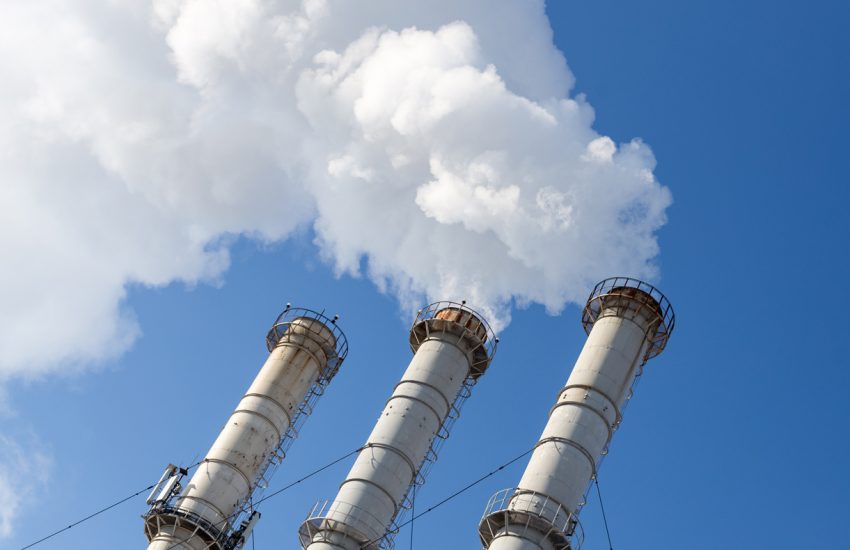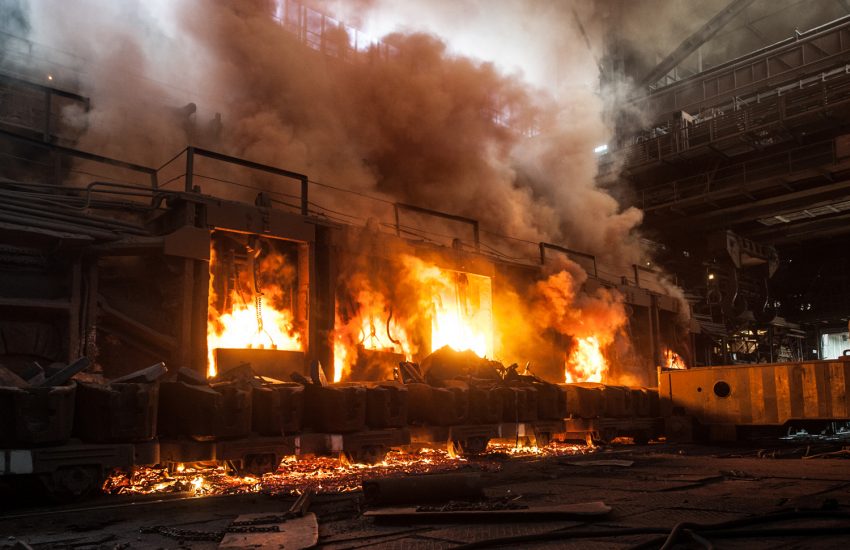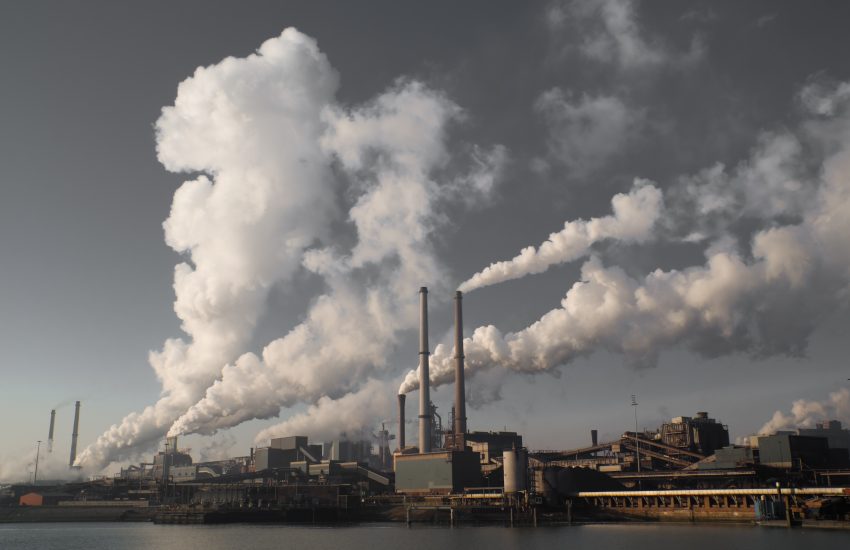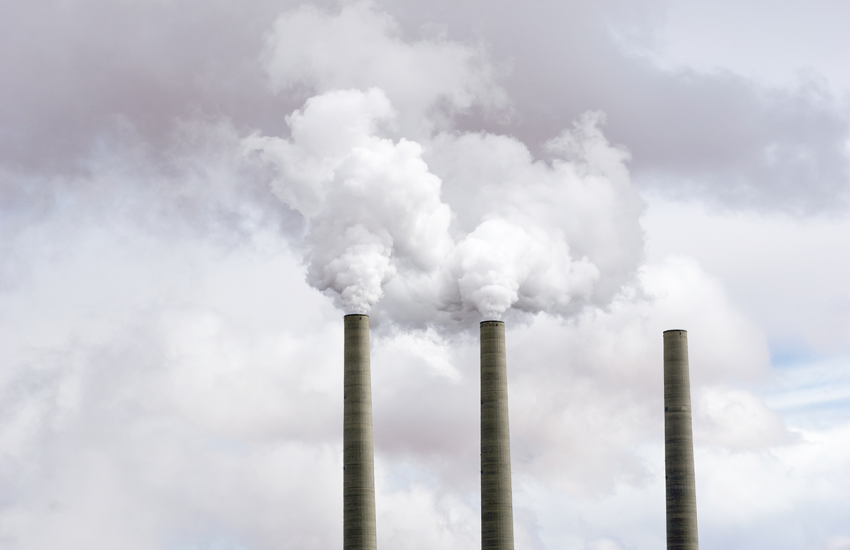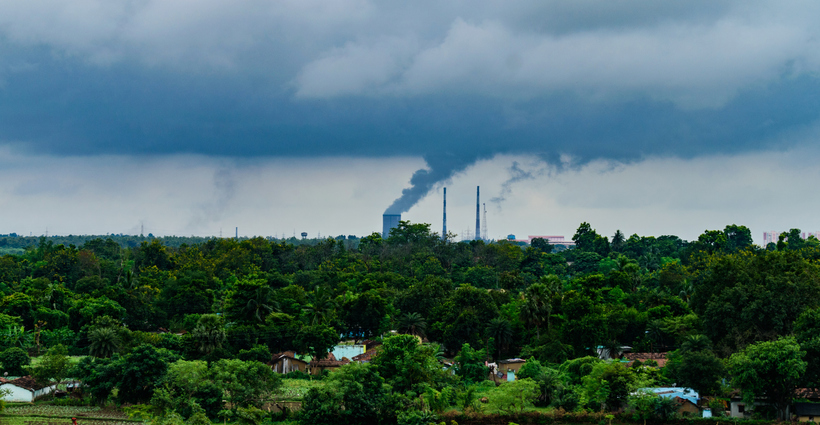On August 30, 2021, a North Carolina federal court dismissed a Clean Air Act citizen-group lawsuit filed by the Center for Biological Diversity and the Sierra Club (plaintiffs) against defendant University of North Carolina at Chapel Hill (UNC) for certain violations of its Title-V permit, which comprehensively regulates a particular facility’s emission sources. In granting UNC’s summary judgment motion, and denying the plaintiffs’ cross-motion for summary judgment, the court found that the plaintiffs lacked standing, pursuant to Article III of the U.S. Constitution, as a …
Continue Reading